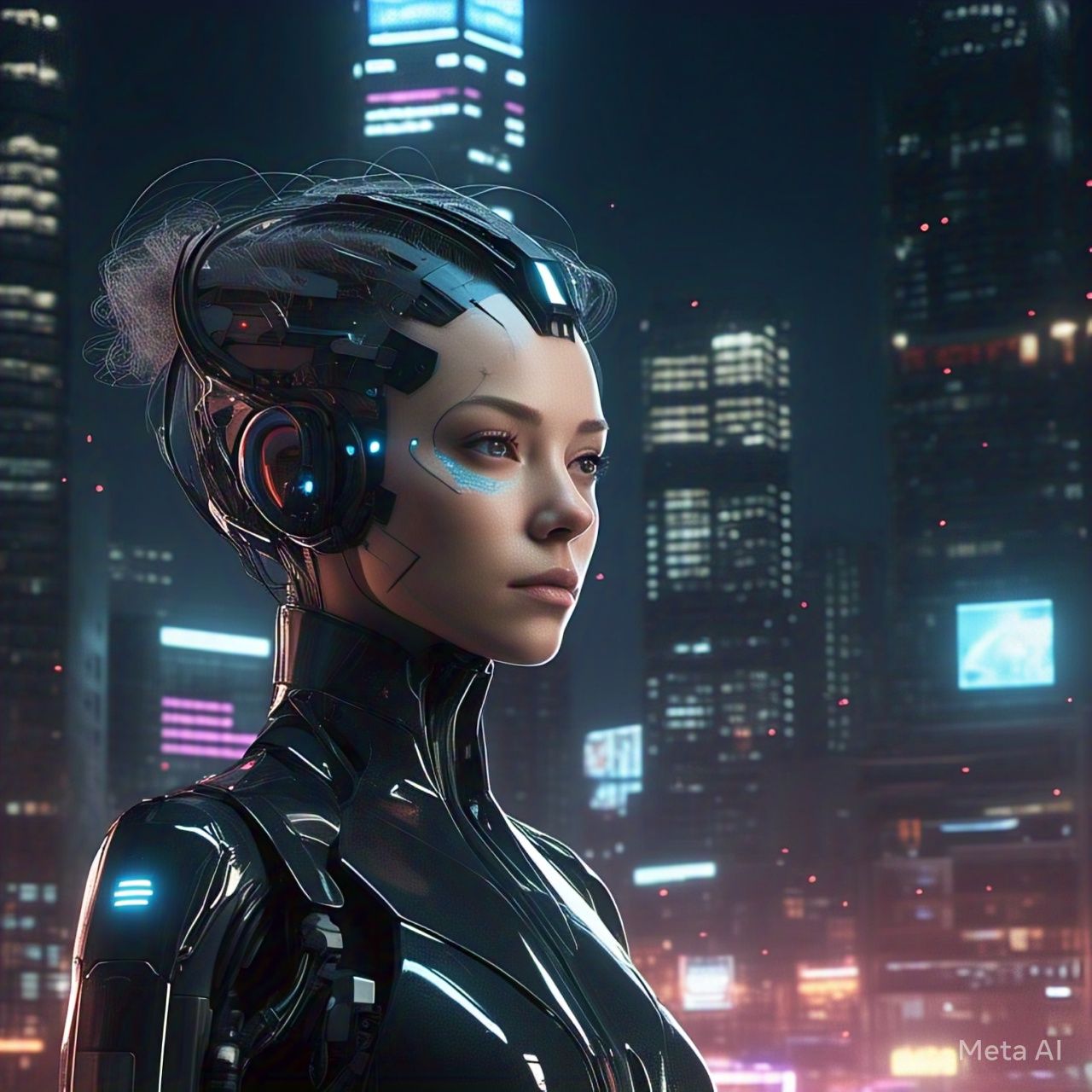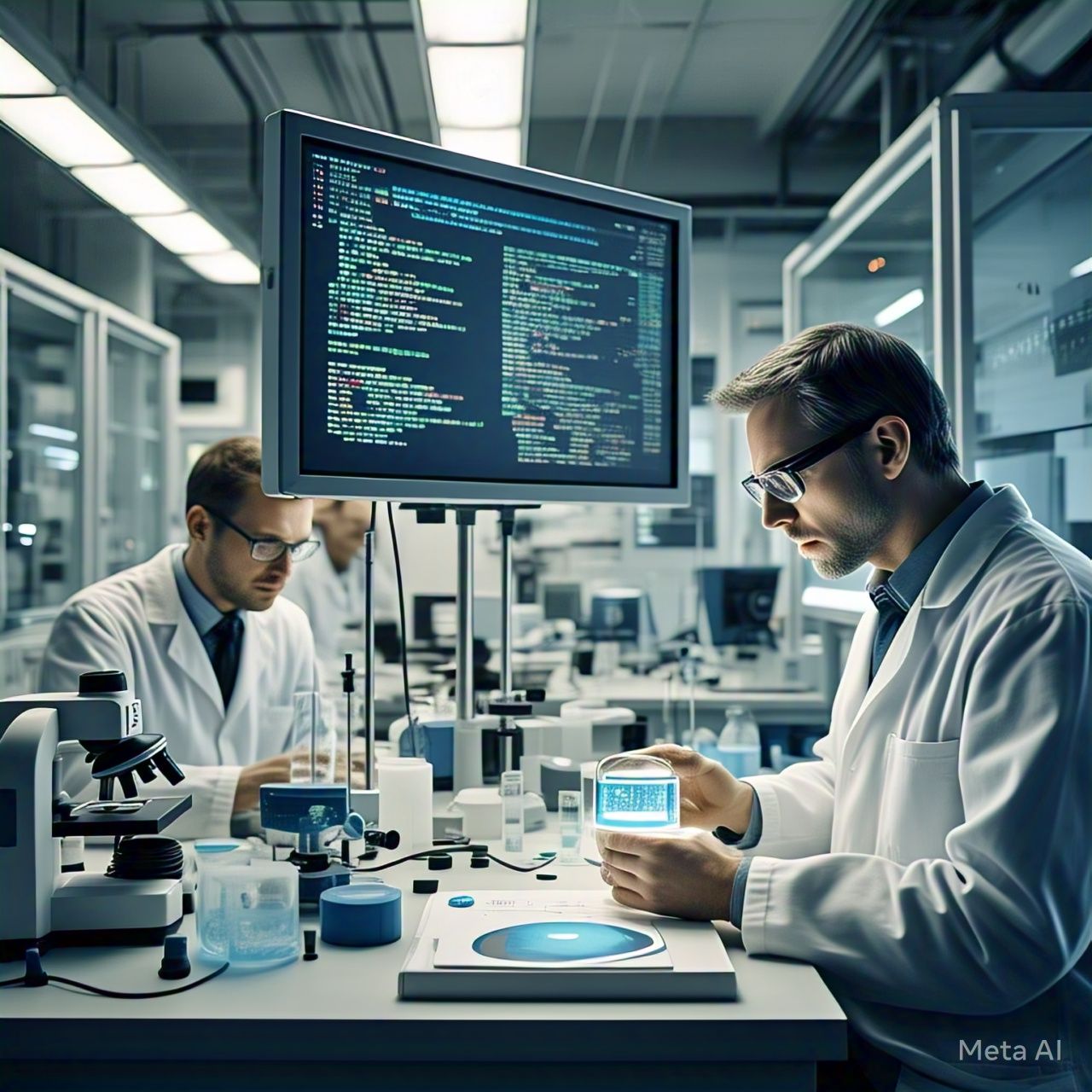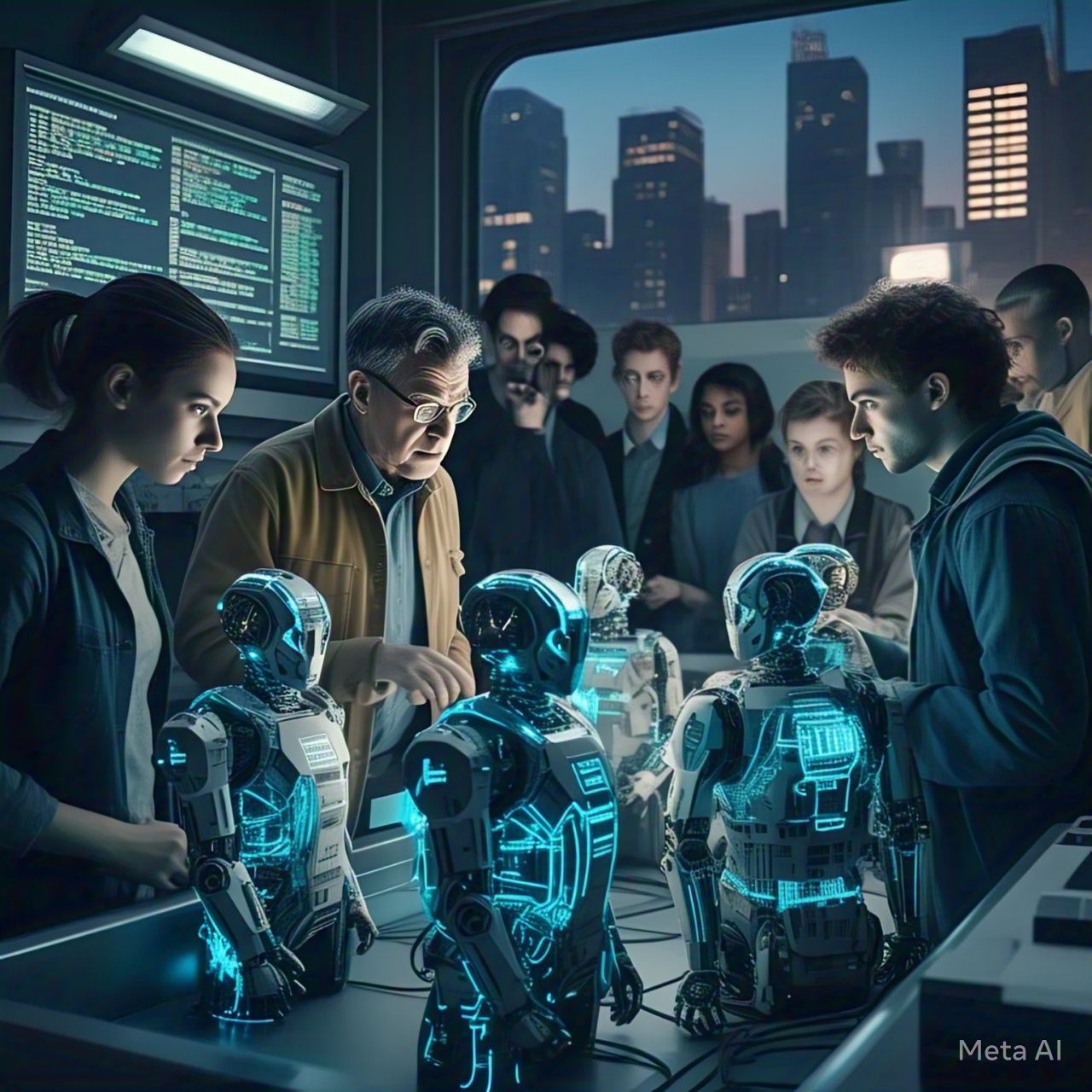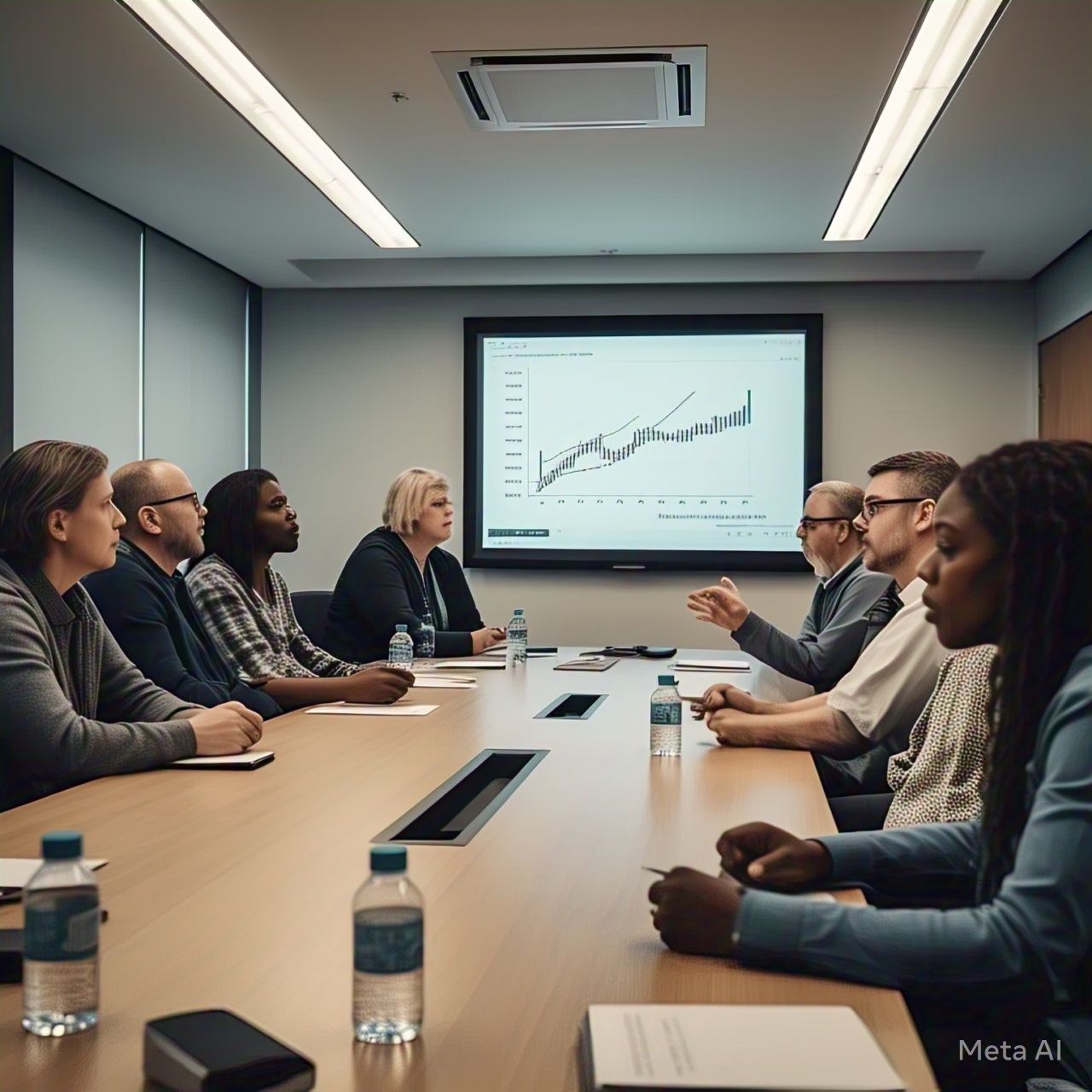Table of Contents
- Introduction
- Understanding AI and Its Evolution
- AI in Enhancing Cognitive Abilities
- AI in Healthcare: Revolutionizing Medicine
- AI in Education: Personalized Learning and Skill Development
- AI and Creativity: A New Era of Innovation
- AI in the Workforce: Productivity and Efficiency
- Ethical Considerations of AI in Human Augmentation
- The Future of AI and Human Capabilities
- Conclusion
- FAQs
1. Introduction
Artificial Intelligence (AI) is no longer just a futuristic concept; it is actively shaping the world around us. From augmenting human intelligence to improving daily life experiences, AI is revolutionizing how we work, learn, and interact. But how exactly is AI transforming human capabilities, and what does the future hold for this rapidly advancing technology?
2. Understanding AI and Its Evolution
AI has evolved significantly over the past few decades. From simple rule-based algorithms to advanced deep learning models, AI can now analyze data, recognize patterns, and make decisions faster than ever before. Technologies such as machine learning (ML), natural language processing (NLP), and neural networks are at the heart of AI advancements, enabling systems to assist and even outperform humans in various domains.
3. AI in Enhancing Cognitive Abilities
One of AI’s most transformative impacts is its ability to augment human cognition. AI-powered tools can:
- Assist in decision-making by analyzing large datasets.
- Enhance memory and recall through AI-driven note-taking apps.
- Improve problem-solving by providing intelligent suggestions and insights.
- Assist individuals with disabilities through AI-powered accessibility tools.
For instance, Google’s AI assistant can now understand and execute complex voice commands, making information retrieval seamless and more efficient.
4. AI in Healthcare: Revolutionizing Medicine
AI is making groundbreaking advancements in healthcare, improving both diagnosis and treatment. Key contributions include:
- Medical Imaging: AI-driven software can detect anomalies in X-rays and MRIs with greater accuracy than human radiologists.
- Drug Discovery: AI accelerates the development of new medicines by analyzing biochemical data.
- Personalized Treatment: AI helps doctors tailor treatments based on genetic profiles and medical history.
- Remote Patient Monitoring: Wearable AI-powered devices track vital signs and detect early signs of disease.
For example, IBM Watson Health is transforming cancer diagnosis by providing AI-driven insights to oncologists, leading to more effective treatments.
5. AI in Education: Personalized Learning and Skill Development
AI is reshaping education by offering personalized learning experiences, making education more accessible and effective. Some key applications include:
- Adaptive Learning Platforms: AI-powered platforms like Coursera and Khan Academy customize learning paths based on a student’s progress.
- AI Tutors: Virtual tutors provide instant feedback and assistance.
- Automated Grading: AI reduces teachers’ workload by grading assignments and tests.
- Language Processing Tools: AI tools like Grammarly enhance writing skills by providing real-time corrections and suggestions.
These advancements help learners acquire knowledge efficiently, making education more engaging and inclusive.
6. AI and Creativity: A New Era of Innovation
Contrary to fears that AI will replace human creativity, it is instead enhancing it. AI-driven tools are helping artists, musicians, and writers push the boundaries of innovation. Some notable applications include:
- AI-generated Art: Tools like Deep Dream and DALL·E create stunning visual artworks.
- Music Composition: AI-powered platforms such as AIVA assist musicians in composing original pieces.
- AI in Writing: AI-driven content creation tools help writers generate ideas and improve storytelling.
Rather than replacing artists, AI is serving as a collaborative partner, enabling new forms of creative expression.
7. AI in the Workforce: Productivity and Efficiency
AI is transforming workplaces by automating repetitive tasks, improving efficiency, and boosting productivity. Key areas include:
- AI-driven automation: Reducing manual labor in industries like manufacturing and logistics.
- AI-powered customer service: Chatbots handle queries, reducing response time.
- Enhanced data analysis: AI tools extract meaningful insights from large datasets.
- AI-driven recruitment: AI helps HR teams match candidates to job roles based on skills and experience.
By handling time-consuming tasks, AI allows employees to focus on higher-value work, fostering innovation and growth.
8. Ethical Considerations of AI in Human Augmentation
Despite its benefits, AI raises several ethical concerns, including:
- Data Privacy: AI systems require vast amounts of data, raising concerns about security and misuse.
- Bias in AI: AI algorithms can perpetuate biases if trained on unbalanced datasets.
- Job Displacement: AI automation may replace human workers in some sectors.
- Dependence on AI: Over-reliance on AI could reduce critical thinking and problem-solving skills in humans.
Ensuring responsible AI development is crucial to addressing these challenges and maximizing its benefits.
9. The Future of AI and Human Capabilities
As AI continues to advance, it will further integrate with daily life, offering:
- Brain-Computer Interfaces (BCIs): Enhancing human intelligence by merging AI with neural networks.
- AI-powered prosthetics: Offering enhanced mobility and functionality for individuals with disabilities.
- Augmented Reality (AR) and AI: Transforming the way we interact with digital environments.
- AI in Space Exploration: Assisting in interplanetary missions and colonization efforts.
The future holds immense possibilities, and the collaboration between AI and humans will lead to unprecedented advancements in capabilities.
10. Conclusion
AI is revolutionizing human capabilities across multiple domains, from healthcare and education to creativity and the workplace. While ethical challenges remain, responsible AI development can ensure a future where AI serves as a powerful tool for human progress rather than a threat. As we move forward, embracing AI as a partner in innovation will unlock limitless potential.
11. FAQs
1. Will AI completely replace human jobs?
AI will automate certain tasks, but it will also create new job opportunities, requiring humans to adapt and develop new skills.
2. How does AI improve human intelligence?
AI enhances human cognition by providing real-time insights, improving decision-making, and automating repetitive tasks, allowing humans to focus on more complex problems.
3. Is AI creativity real?
AI can generate creative outputs, but it lacks human emotions and originality. It serves as a tool for enhancing human creativity rather than replacing it.
4. How can AI improve healthcare?
AI helps in early disease detection, personalized treatment, medical imaging, and remote patient monitoring, making healthcare more efficient and accessible.
5. What are the risks of AI in human augmentation?
Privacy concerns, ethical biases, and dependency on AI are some challenges. Responsible AI development and regulations are necessary to mitigate these risks.
Citations
- IBM Watson Health. “AI in Healthcare.” IBM Research, 2023.
- McKinsey & Company. “The Future of AI in the Workplace.” McKinsey Insights, 2022.
- Stanford University. “Artificial Intelligence Index Report.” Stanford AI Research, 2023.
Would you like any modifications or additions to this article? 😊




